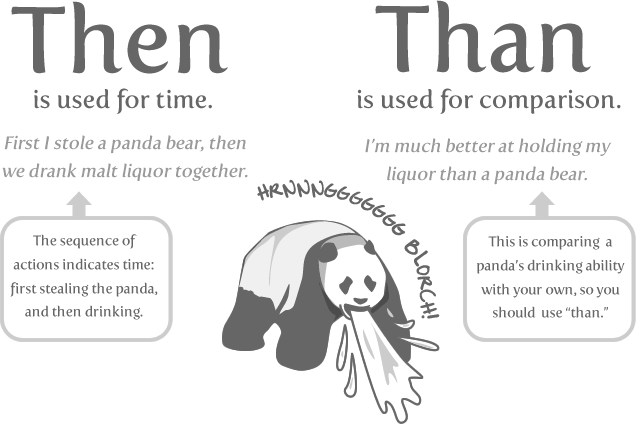I’m reconsidering the Sydney Morning Herald’s place as my news source of choice. What do other people use?
The writing is as good as ever – there is no political commentator as astute as Annabel Crabb, and few sports correspondents can match it with the likes of Peter Roebuck and Will Swanton.
But when your banner of featured stories looks like this you’ve well and truly jumped the “sex sells” shark…









